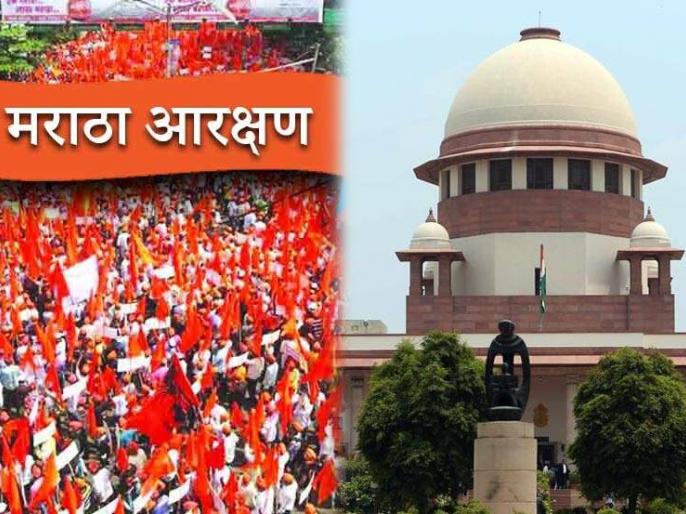Date : 07/11/2023
Relevance: GS paper2- Social Justice - Reservation Policy
Keywords:Article 14, Article 16, EWS, Indira Sawhney judgment, Social Upliftment
Context-
Maratha Quota Protests Intensify in Maharashtra; State Government Forms Panel of Judges for Legal Battle in Supreme Court
Understanding Reservations in India
- Reservation in India is all about reserving access to seats in government jobs, educational institutions, and even legislatures to certain sections of the population.
- The original Constitution of India initially provided for reservations solely in legislatures, and that too for a limited period of 10 years, as stipulated in Article 334. Subsequent constitutional amendments extended the duration of reservations for legislative representation.
The Basis for Reservation in India
- Combatting Social Oppression and Discrimination: Reservation serves as a strategy to address historical social oppression and discrimination against specific groups that have endured repression in the past.
- Affirmative Action for Upliftment: Reservation, also referred to as affirmative action, facilitates the upliftment of underprivileged sections of society.
- Rectifying Historical Injustices: It aims to rectify the historical injustices faced by India's lower castes and seeks to level the playing field for the underprivileged who may not have had access to wealth and resources for generations.
- Promoting Meritocracy and Equality: In order to establish a meritocracy based on equality, it is imperative to ensure that all individuals are brought to a common level before evaluating them on merit, thereby ensuring a fair and unbiased assessment.
Who Are the Marathas?
- The Marathas represent a diverse group of castes, including peasants and landowners, accounting for approximately 33 percent of the population in the state of Maharashtra.
- It's worth noting that while many Marathas are Marathi speakers, not all Marathi-speaking individuals are part of the Maratha community. This politically influential community constitutes nearly a third of the state's population.
- Historically, they have been recognized as a 'warrior' caste with substantial landholdings. Since the establishment of the Maharashtra state in 1960, 12 out of its 20 chief ministers, including the current Chief Minister, have hailed from the Maratha community.
- Despite facing challenges related to land distribution and agrarian issues over the years, the middle-class and lower-middle-class Marathas have seen a decline in prosperity, yet they continue to play a vital role in the rural economy.
Demand for Maratha Reservation
- Origins of the Reservation Demand:
- Reservations through Ordinance:
- Role of the Maharashtra State Backward Class Commission (MSBCC):
- Enactment of the Socially and Educationally Backward Class (SEBC) Act:
The Maratha community has long been advocating for reservations in government jobs and educational institutions, marking the inception of their demand 32 years ago.
Since 1981, the issue of the Maratha reservation has been deeply entwined with the state's political landscape and has been a catalyst for mass protests.
In 2014, the state government at that time introduced an ordinance granting 16% reservation to the Maratha community in government employment and educational opportunities.
This move was based on the recommendations of the Narayan Rane Committee.
Under the leadership of M G Gaikwad, the Maharashtra State Backward Class Commission (MSBCC), comprised of 11 members, conducted a comprehensive survey, encompassing nearly 45,000 families from two villages in each of the 355 talukas with over 50% Maratha population.
The results of this survey, submitted on November 15, 2018, affirmed that the Maratha community faced social, economic, and educational disadvantages.
Building upon the findings of the Maharashtra State Backward Class Commission (MSBCC) in 2018, the government approved the provision of reservations for Marathas under a unique category known as the Socially and Educationally Backward Class (SEBC) Act.







